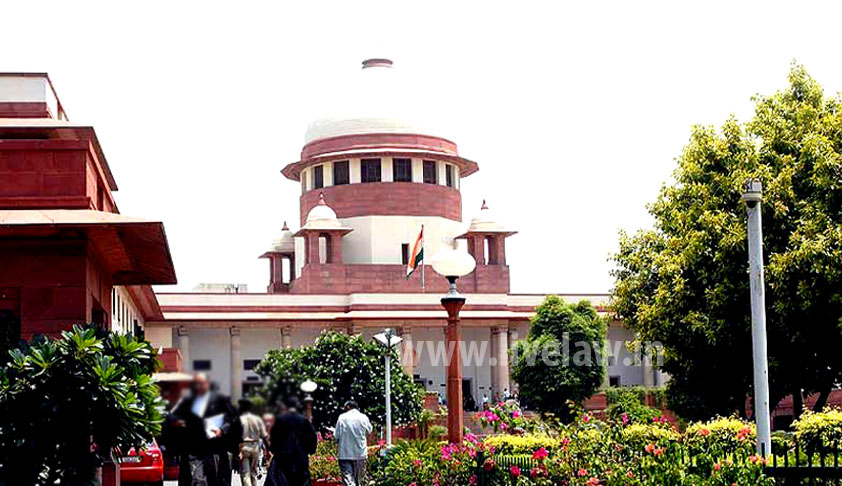Supreme Court upholds Plea by Reliance and BG Group; Allows Arbitration in London
Apoorva Mandhani
28 May 2014 10:15 PM IST

Next Story
28 May 2014 10:15 PM IST
A Supreme Court Bench of Justice S.S. Nijjar and Justice A.K. Sikri today, set aside the Delhi High Court order and allowed Reliance Industries Ltd. to go ahead with the arbitration in London over the row with the Centre on the Panna, Mukta and Tapti oil and gas fields. The dispute exists over reimbursement of royalties and taxes in the gas fields.According to an ET report, the Supreme Court...
